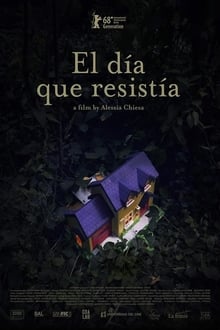
Three children play games in the wild garden of a country house surrounded by woods. The elder sister says Mummy and Daddy will be home soon as she reads her younger brother and sister frightening fairy tales. But where are their mother and father? Why have such young children been left at home alone?
You May Also Like

Gotti’s life changed for the better when he left Baltimore and the drug business behind. When he returns to the city, things spin out of control.
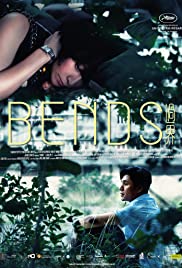
Flora Lau’s debut feature is a beautifully formed, subtle film that focuses on the lives of two people with very different prospects – a wealthy Hong Kong woman and her mainland Chinese chauffeur – both trying to cope with life’s unexpected dramas. Anna (Carina Lau) struggles to maintain appearances with her status-conscious friends after her husband mysteriously vanishes. Fai’s (Chen Kun) wife is heavily pregnant with their second child, has no health care entitlements in Hong Kong and cannot give birth in their homeland without incurring penalties for breaching the one-child policy. While their daily routines intersect, their fates only momentarily converge and Lau elegantly critiques the social contradictions at play by paralleling their predicaments rather than constructing drama between the two protagonists. (Source: LFF programme)
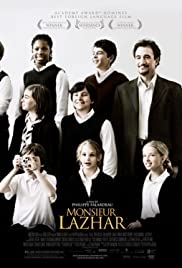
During a harsh Montréal winter, an elementary-school class is left reeling after its teacher commits suicide. Bachir Lazhar, a charismatic Algerian immigrant, steps in as the substitute teacher for the classroom of traumatized children. All the while, he must keep his personal life tucked away: the fact that he is seeking political refuge in Québec – and that he, like the children, has suffered an appalling loss.

A terminally ill man falls in love with a woman who has a secret that threatens their time spent together.

Amidst turmoil and racial conflict in a Francophone African state, a white French woman fights for her coffee crop, her family and ultimately for her life.
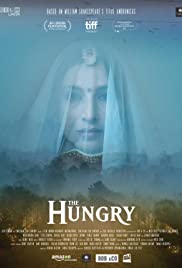
An adaptation of William Shakespeare’s Titus Andronicus set in contemporary New Delhi. The Hungry is a contemporary retelling of Shakespearian tragedy Titus Andronicus, set in the extravagant surroundings of an Indian wedding whilst exploring the role of the patriarch and corruption in Indian politics and big business.

Johannes lives together with his father, the middle-aged widower Ulrik in a small fishing town in the northern part of Denmark. They live a quiet routine life, each minding their separate jobs in the fishing industry. Ulrik misses the love and tenderness of a woman and arranges for the young, beautiful, Filipino Rosita to come to Denmark – just as many other men in the town have done before him. Johannes is reluctantly drawn into this as Ulrik’s translator. However, over the following weeks Johannes and Rosita are getting more and more attracted to each other which forces Johannes to take responsibility for his dreams and his future.
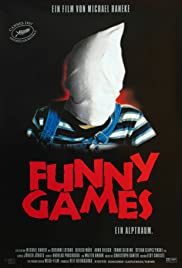
Two psychotic young men take a mother, father, and son hostage in their vacation cabin and force them to play sadistic “games” with one another for their own amusement.
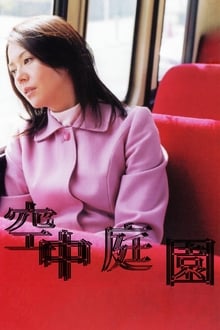
For his fourth full feature, Toyoshi Toyoda has abandoned the theme of the angry young man, examined in depth in Pornostar, Blue Spring and 9 Souls. Kuchu Teien is, on the face of it, more a drama, a character study, than a typical Toyoda genre flick. Yet within this beautifully structured and photographed film, there lies a dark soul. Ostensibly the story of a happy family, it becomes increasingly clear as the movie progresses that the Kyobashis are anything but. Despite a family agreement that they are all open with each other, the entire household knows the opposite is true.

The story follows a married couple, apart for a night while the husband takes a business trip with a colleague to whom he’s attracted. While he’s resisting temptation, his wife encounters her past love.
